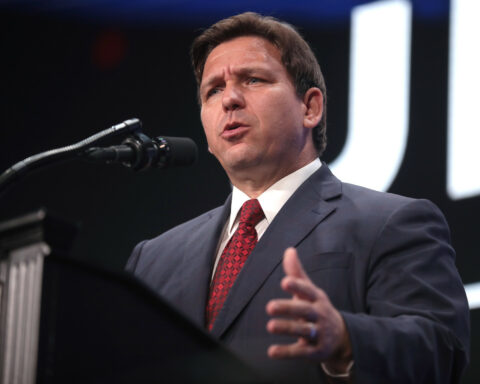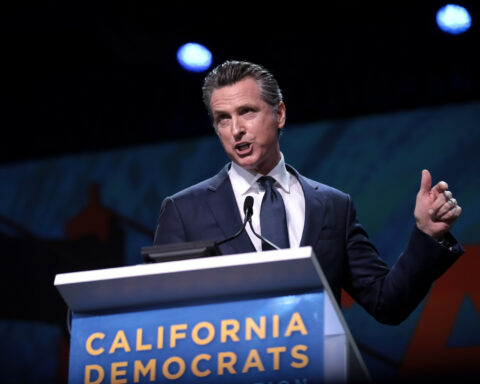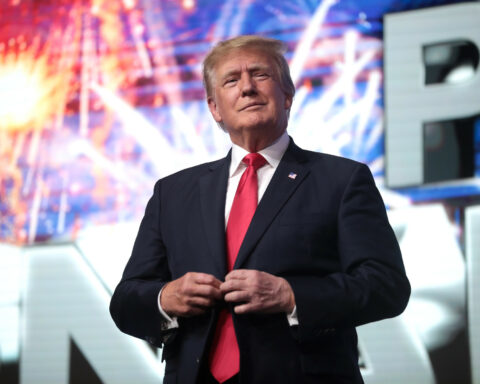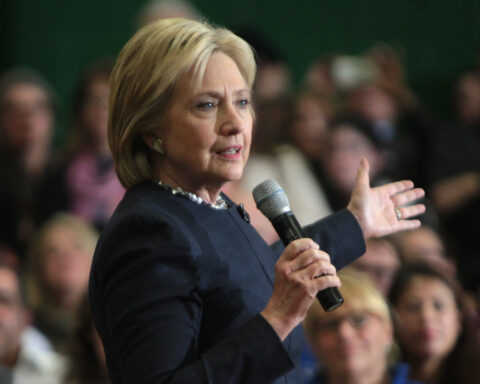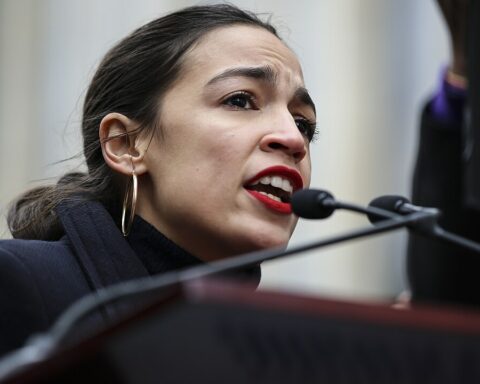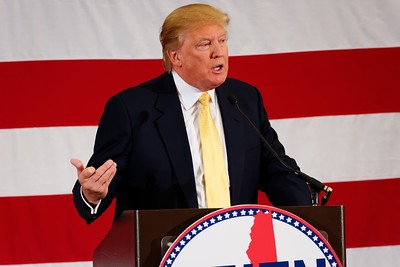Governors Ron DeSantis of Florida and Gavin Newsom of California have found themselves on the same side of an issue, a rare moment for the heated rivals.
For years, Gavin Newsom and Ron DeSantis have been emblematic of the stark political divide in America, representing their respective blue and red states with fervor.
The California Democrat and the Florida Republican have frequently exchanged political blows, embodying the partisan conflict that characterizes today’s political landscape.
Yet, in a surprising turn of events, these two leaders are now aligning on an issue that has garnered substantial bipartisan support: the restriction of smartphone use by children in schools.
Governor Ron DeSantis, a staunch conservative, was the first to address the issue head-on, implementing a pioneering ban on smartphones in Florida schools last year.
This move was not just a policy decision but a clear statement of his commitment to protecting children from the pervasive influence of technology.
On Tuesday, Governor Gavin Newsom of California signaled his intent to follow suit, announcing plans to sign legislation that would impose stricter limits on smartphone usage in classrooms.
This development has reignited the rivalry between the two, with DeSantis’ team quick to remind everyone that Florida led the way.
This rare instance of policy convergence between two prominent partisan figures underscores the severe gridlock that has come to define Washington, D.C.
It also serves as a reminder that, amidst a choice between an octogenarian president and a former president nearing his 80s, younger leaders like DeSantis and Newsom, both fathers of young children, are more attuned to the challenges posed by Big Tech.
Although Newsom has yet to specify which legislative measure he will support, one potential candidate is a bill by California Republican Assemblymember Josh Hoover. Hoover’s proposal mandates that school districts limit or ban smartphones on campus by 2026.
“In today’s hyper-partisan age, where we see just these hyper-partisan battles between governors and legislatures and politicians, I think it’s really encouraging to see an area where we can actually come together as leaders—regardless of party, and work on something to help our kids,” Hoover said.
Josh Lowenthal, a Democratic assemblymember and co-author of Hoover’s bill, echoed this sentiment, noting that the bipartisan effort to protect children from the harms of social media has been marked by mutual respect and a focus on results.
“Everyone is focused on results, as opposed to theater,” Lowenthal said. “And most of us are also parents, so we don’t have a lot of tolerance for politics to get in the way of potentially negative impacts on our kids’ development.”


